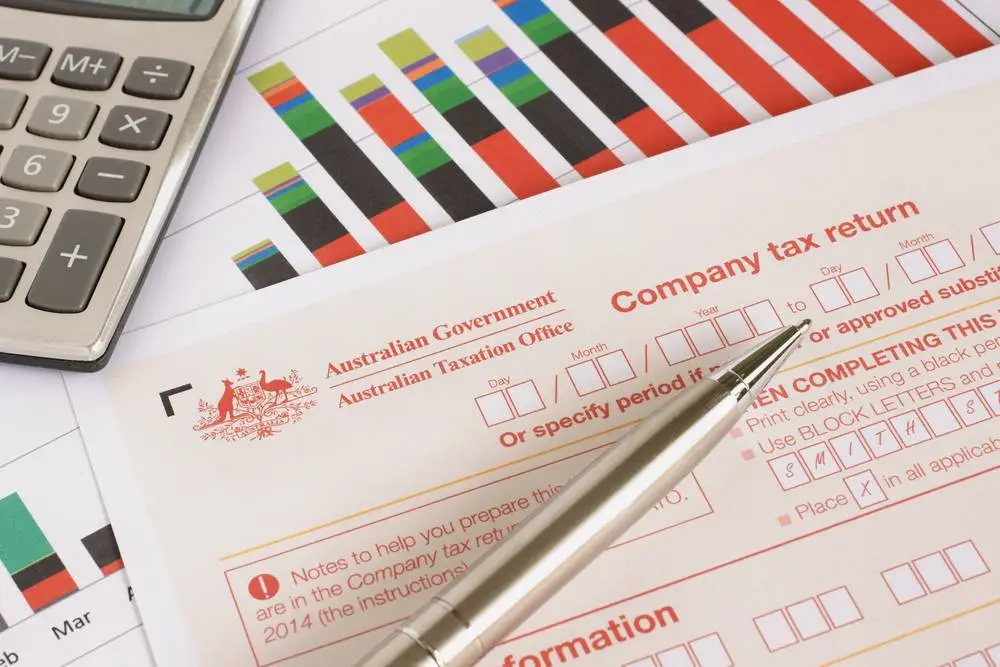
Introduction: Medicare Levy vs Medicare Levy Surcharge
As an accountant, one question frequently lands on my desk: “Do I need private health insurance?” It’s a question with many facets, especially when tax implications are involved.
So, let’s dive into the details and shed some light on this topic.
Now, you might be wondering:
What’s the difference between public and private health systems in Australia?
Australia’s health system is built on two pillars: the public system, represented by Medicare, and the private health insurance sector.
Medicare is our public health safety net, offering access to free or subsidised treatments in public hospitals and with doctors of your choice.
On the flip side, private health insurance provides access to private hospitals and additional services outside Medicare’s scope.
But here’s the catch…
To support Medicare, there’s the Medicare levy, a 2% tax for those earning above a certain threshold. But there’s an added layer for higher earners without private hospital insurance: the Medicare levy surcharge.
Income Thresholds: The Numbers
Where do you stand with the Medicare levy surcharge?
For singles earning over $90,000 or couples over $180,000, the surcharge comes into play if they lack private hospital cover. This can add an extra 1-1.5% to your tax, potentially pushing your total tax up to 3.5% above the base Medicare levy.
To put it in perspective, with a $100,000 salary, you might be looking at an extra $2,000 in tax annually. And if you’re thinking, “Where can I find more details?” you can refer to the ATO page.
| Threshold | Base tier | Tier 1 | Tier 2 | Tier 3 |
|---|---|---|---|---|
| Single threshold | $93,000 or less | $93,001 – $108,000 | $108,001 – $144,000 | $144,001 or more |
| Family threshold | $186,000 or less | $186,001 – $216,000 | $216,001 – $288,000 | $288,001 or more |
| Medicare levy surcharge | 0% | 1% | 1.25% | 1.5%* |
* 1.5% note – you only require Hospital and Ambulance cover with no extras to not be liable for the Medicare Levy Surcharge.
Benefits vs Costs: Making the Decision On Private Health Insurance
So, when is private health insurance the right choice?
The answer:
It’s a personal decision.
Private cover offers more choices in doctors and hospitals and can help avoid long wait times in the public system. However, Australia’s public health system is robust, as evidenced by the positive experiences of many of my clients.
But there’s more to consider…
It’s also essential to factor in any pre-existing conditions and policy waiting periods.
For those close to the surcharge thresholds, a basic private hospital cover might be a practical choice to avoid the extra tax. But remember, additional services like dental are optional.
For some, the potential tax savings might not outweigh the cost of the premium.
And if you’re wondering whether there’s an alternative, it’s always a good idea to research and compare policies. Sometimes, a savings account dedicated to medical expenses can be more beneficial than paying for comprehensive extras.
Government Rebates and Other Factors On Cover

The government offers rebates on premiums, but there’s a catch. Higher earners might find themselves repaying some of these rebates when tax time rolls around.
When considering private health insurance, it’s essential to look at the broader picture. Consulting with an advisor can help you understand the nuances and financial implications.
Private health insurance can offer peace of mind for some, especially for those with families or specific medical needs. For others, it’s seen as a mark of financial stability. However, the primary reason for considering private health insurance should be its practical benefits.
Client Chronicles: A Glimpse into Real-Life Scenarios
Client stories offer a unique perspective into the world of private health insurance.
For instance, I recently assisted a client puzzled over an unexpected tax linked to their private health insurance rebate. They had crossed the $186,000 income threshold, which reduced their eligibility for the full 30% rebate. Their insurer had applied the full rebate upfront, leading to a tax-time adjustment.
Such experiences highlight the importance of understanding the intricacies of private health insurance and its tax implications.
In Conclusion: What’s Best Health Wise and Money Wise?
Medicare offers comprehensive care for all Australians. While private health insurance is optional, it can lead to tax savings for higher earners. The key is to find the right balance for your personal situation.
If you have questions or need clarity on how private health insurance impacts your financial situation, reach out to us. We’re here to guide you through the complexities and help you make the best decision for your unique circumstances.







